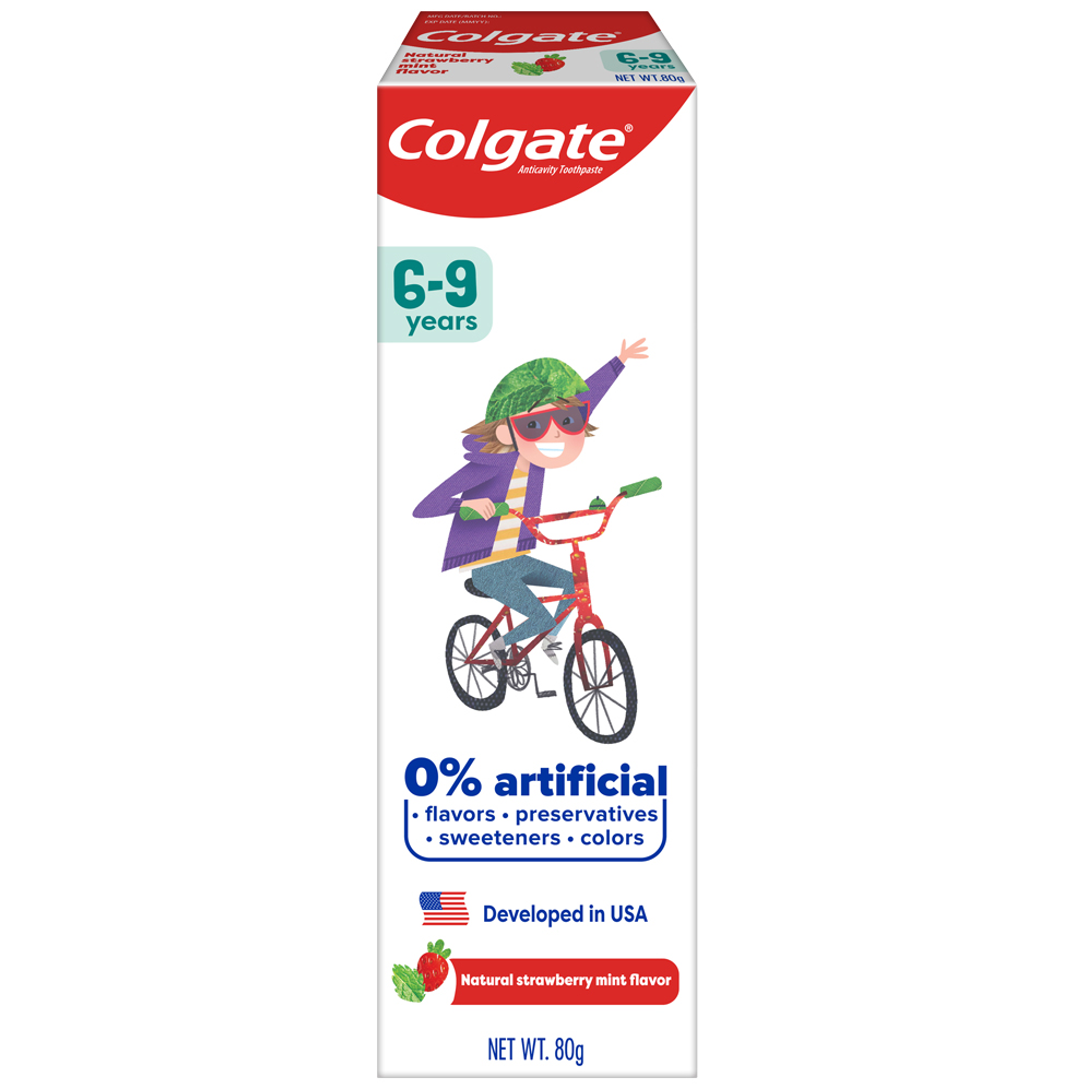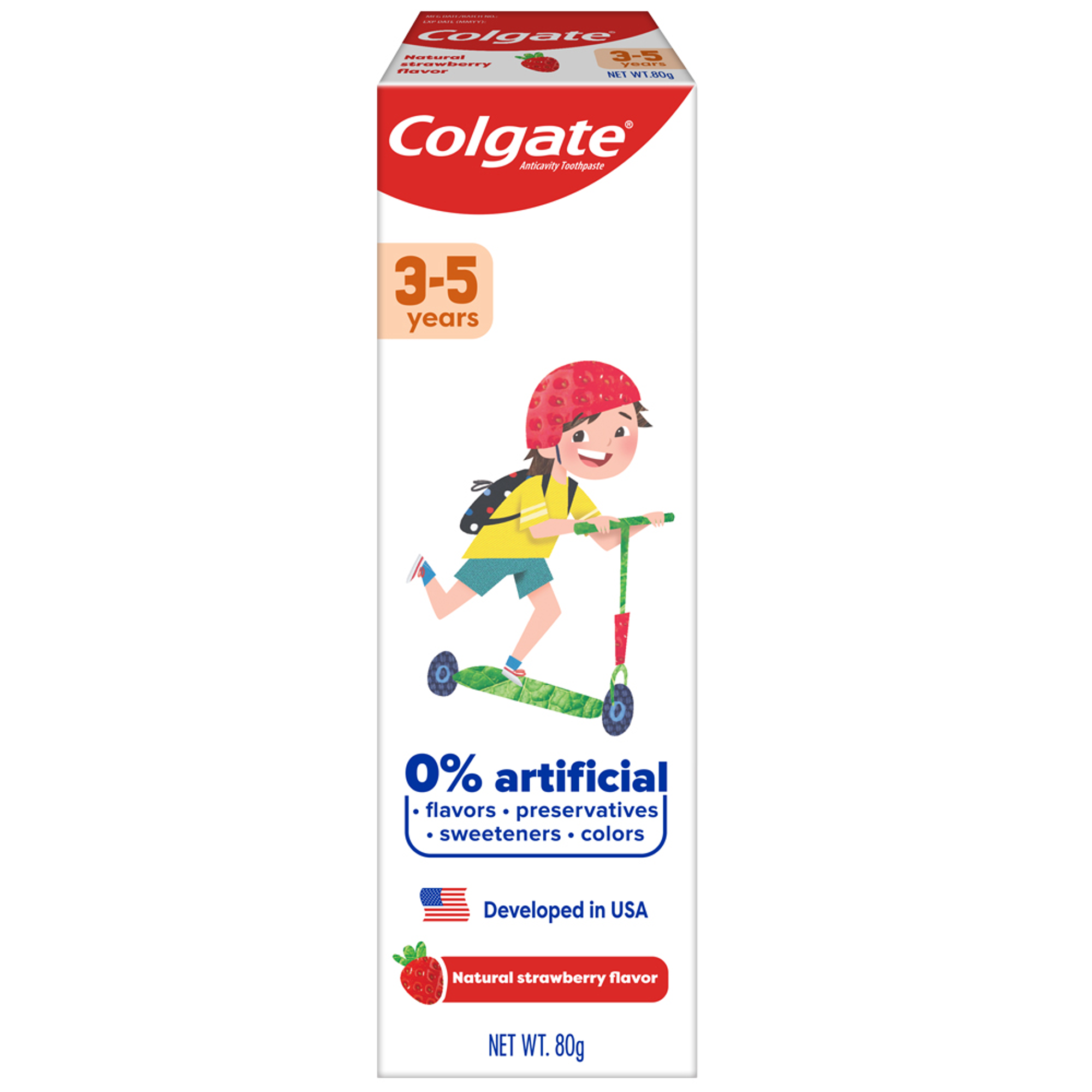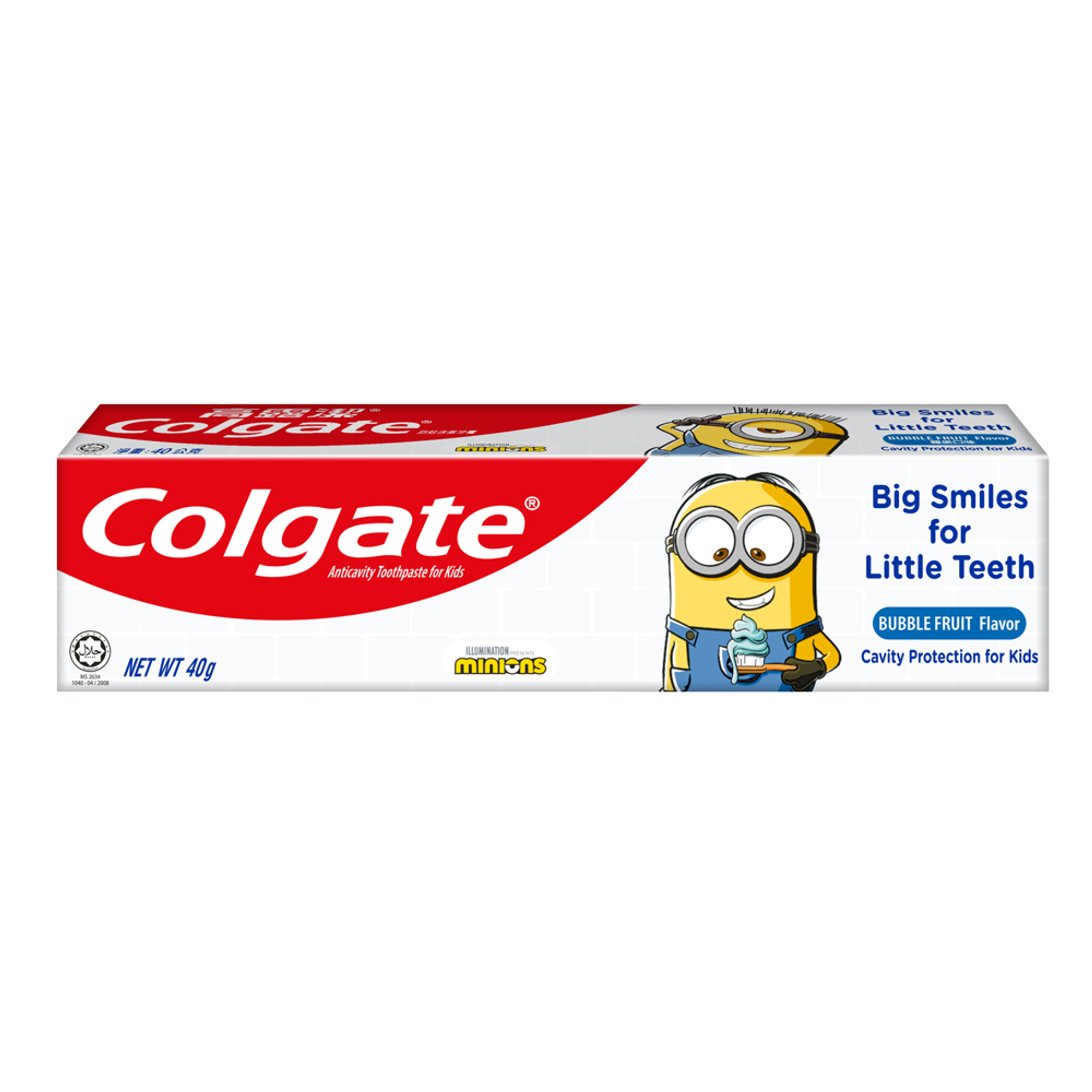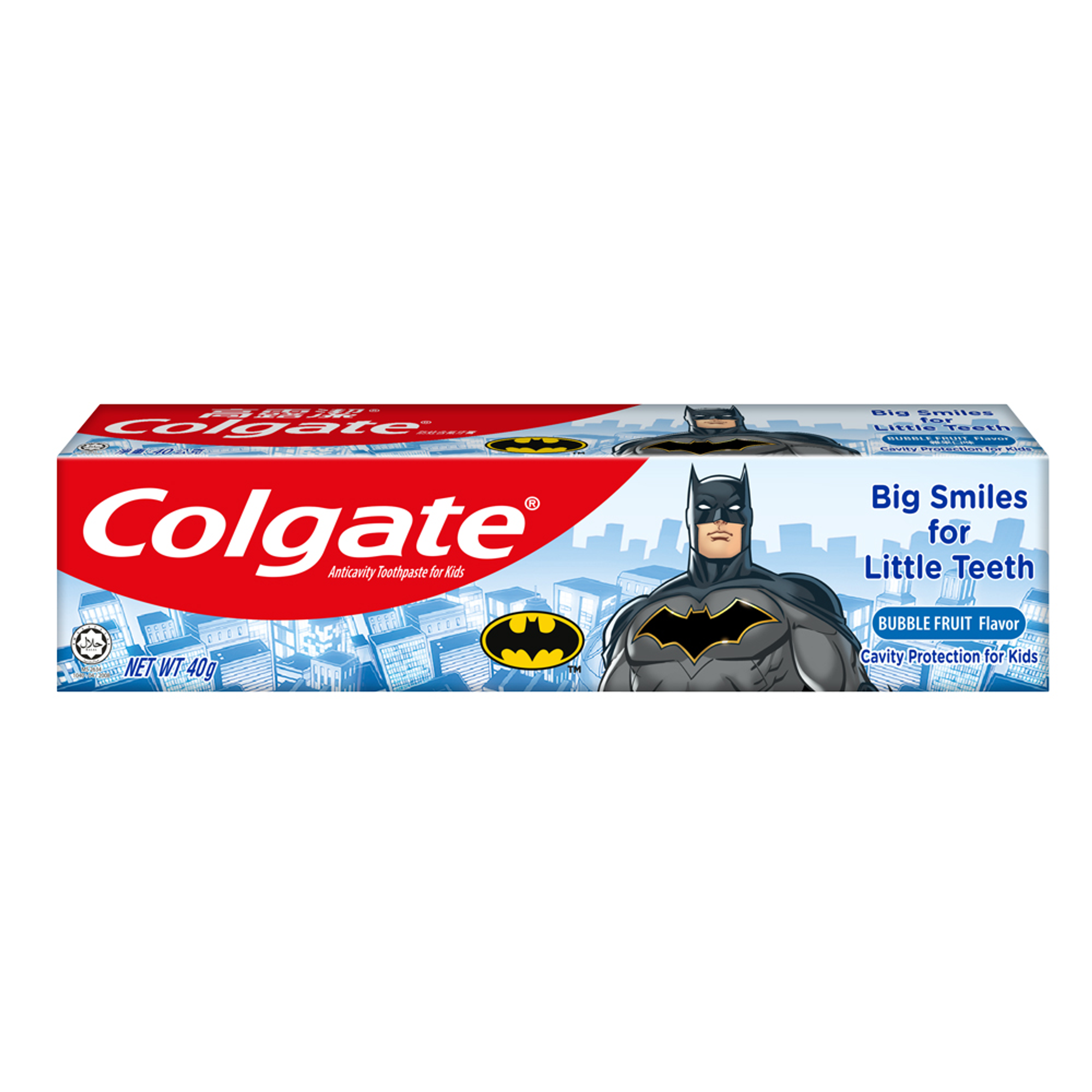-
-

FLUORIDE
Discover how stannous fluoride toothpaste prevents cavities and other oral health issues. Learn the key benefits of fluoride for teeth and its best uses.Fluoride plays a vital role in oral healthcare...

TEETH WHITENING
Teeth Whitening Serum for a Brighter, Confident SmileWho does not want whiter and brighter teeth? Thanks to the many teeth-whitening products available today...
-
Science & Innovation
- ORAL HEALTH ASSESSMENT
- Colgate® | Toothpaste, Toothbrushes & Oral Care Resources
- Oral Health
- Parents' Guide to Kids' Teeth: Who, What, When and How
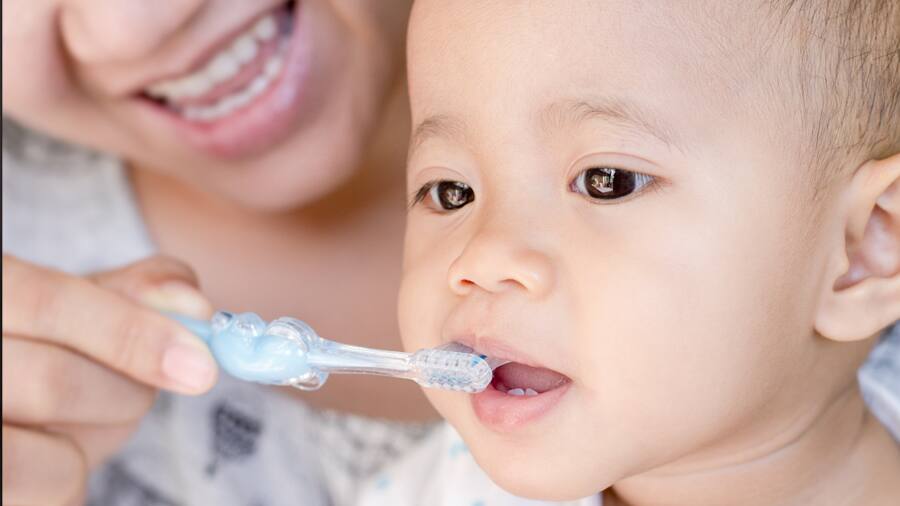

We all wish children came with a user manual; it would take away much of the improvisation that comes with parenting. But your kids are individuals, and as such, have their own needs. Luckily, when it comes to oral health, there are a few guidelines that simplify the process of teaching your little ones about tooth care.
You might wonder if your disciplinary methods are working or how to instil common manners, but good oral hygiene can actually exist in this handy parent guide to children's teeth:
Babies and Toddlers
Most babies start teething at around six months of age, which is when oral health should be a priority. According to this article contributed by the Health Promotion Board (HPB), parents should start brushing their children's teeth as soon as those first pearly whites emerge. You can use a little toothpaste on a soft-bristled brush, but keep the amount to about the size of a grain of rice. If your baby balks at a strong mint flavour, try toothpastes with milder fruit flavours that are also fluoride-free for young, sensitive mouths. Don't forget that your child should have their first dentist appointment by their first birthday.
Pre-schoolers
"I can do it myself!" might as well be the motto for pre-schoolers everywhere. As your once-toddler grows into a curious pre-schooler, it's the ideal time to encourage healthy oral habits. He or she may even look forward to brushing, so build on that enthusiasm: Let your child pick out a new toothbrush and a great-tasting toothpaste. Kids that take the lead are more likely to make daily brushing a personal habit.
Even though your pre-schooler might want to fly solo when it comes to brushing and flossing, you'll still need to supervise their technique and help ensure that the teeth are cleaned at least twice daily.
Kindergarten and Primary School Kids
Between catching the school bus, homework and badminton practice, your school-going kid might have a tight schedule. Two things can result in poor oral health during these crucial years: forgetting to brush and indulging in sugary treats. Help them by setting a timer or alarm to keep your child on top of these things.
Kids also start losing their primary teeth at this time – usually between the ages of five and seven. But just because these teeth are on their way out doesn't mean kids can eat with impunity. Make a habit of offering healthier options and limiting sugary sodas, juices and candy as well. Look out for the Healthier Choice Lower in Sugar symbol on products. Products carrying this logo contain at least 25% less sugar compared to regular sweetened beverages or products from the same food category.
A reusable water bottle can help remind kids to stay hydrated – encouraging saliva production – while treats like yoghurt with berries or tuna and cucumber wholemeal bread sandwich make for a nice lunch side dish or after-school snack. The occasional sweet won't hurt, but they should be balanced with healthy foods to ensure that the adult teeth develop properly. Slip a dollar under their pillow from the Tooth Fairy if you will, but don't forget to schedule regular check-ups with the dentist to detect any complications during this process.
Teenagers
Smart, moody and fun, your teenager might raise an eyebrow to your oral health advocacy. Instead, approach it from a self-image angle: It's important to brush and floss to look your best. Nonetheless, don't be surprised if your teen sleeps in and then races out the door without even looking at their toothbrush.
There are ways you can help, of course: Arranging for regular dental checkups can help remind your teen to keep brushing, and offering a few disposable on-the-go toothbrushes to your teens allows them to stay clean between lunch and play rehearsal.
The teenage years are also a great time to discuss orthodontia for a straighter and more confident smile entering adulthood. From traditional brackets to plastic liners, an orthodontist can design a treatment plan that puts your teen on a path to having a set of beautiful, aligned teeth before they step out into the world. Ask your dentist for a recommendation.
Naturally, your children's needs depend on their personal health and age, but a parents' guide to children's teeth can keep you informed on what to expect over time.
Related Articles

Do you remember losing your first tooth? Consider using a tooth fairy pillow for your child to place their lost teeth in. Learn more here.


Related Products

Helping dental professionals
More professionals across the world trust Colgate. Find resources, products, and information to give your patients a healthier future




